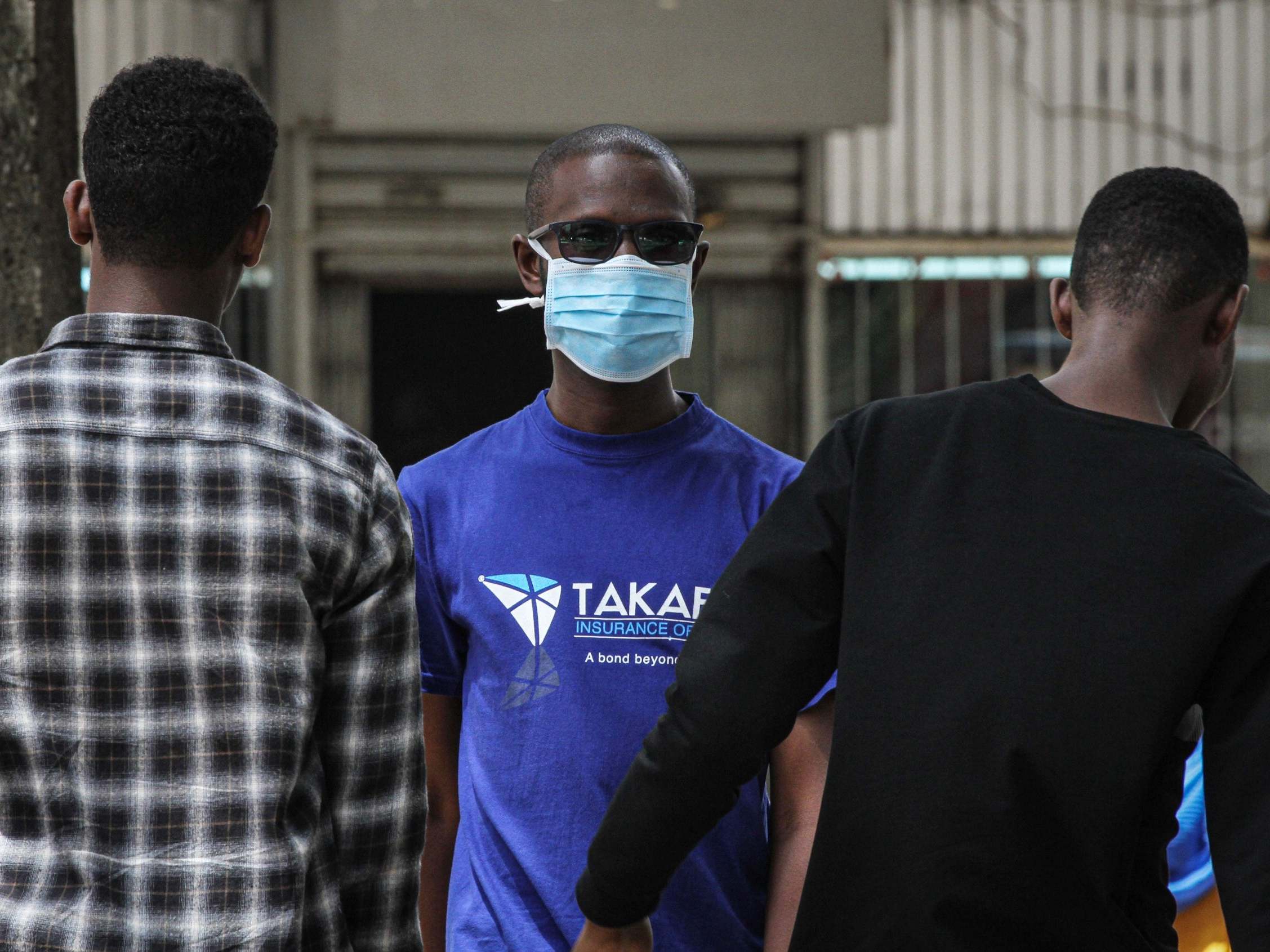Coronavirus: African cases fuel fear southern hemisphere could harbour virus as northern outbreak dwindles
How southern countries deal with the epidemic over the coming weeks could determine whether the virus returns in full force once cold weather returns to the north, writes Borzou Daragahi


Cases of the coronavirus in sub-Saharan Africa have begun to mount, potentially taxing fragile public-health systems that have in some cases yet to fully recover from recent epidemics of HIV and Ebola.
Infections have been reported in Nigeria, Ivory Coast, Senegal, Cameroon, Togo, South Africa, Burkina Faso and the Democratic Republic of the Congo. In recent days, Kenya, Ghana and Gabon have reported small numbers of cases, and Sudan reported a coronavirus death on Friday.
Policymakers in Europe, Asia and North America have assured themselves that the coronavirus will subside once summer approaches and temperatures rise, giving hospitals and health workers a chance to catch up to a sickness that has overwhelmed several relatively modern health systems and threatens those of many other countries
However, experts say the dynamics of temperature and the coronavirus are not so clear-cut. The major worry is that a large outbreak in the southern hemisphere could sustain the pandemic over the northern hemisphere’s summer months and harbour its return to Eurasia and North America this autumn.
“Respiratory diseases have seasonality,” said John Paget, an epidemiologist at the Netherlands Institute for Health Services Research.
“In normal circumstances, they peak in the northern and southern hemispheres in the winter,” he told The Independent. “The southern hemisphere has its epidemic peak in July and August. What’s very important for us is that when our epidemic is over we will then have to follow what happens in the southern hemisphere because it could determine what happens in the northern hemisphere next winter.”
Mr Paget cited the case of the 2009 swine-flu pandemic, which moved from Mexico through the US, and then to the UK. That pandemic, which eventually killed 18,000 people around the world, died out in the summer, but returned to North America in the winter.
How countries in the southern hemisphere deal with the coronavirus over the coming weeks could determine whether it returns in full force once cold weather returns.
So far, the numbers of cases in African countries have been low enough for public health officials to contain the outbreak, and there is little evidence that the cases are being contracted from within local communities. Ghana’s health ministry, for example, said that both patients confirmed as carrying the virus had recently returned from abroad. Kenya and Gabon said their patients with the coronavirus had recently returned from Europe or North America.
Nevertheless, Ghana's president, Nana Addo Dankwa Akufo-Addo, has created a $100m (£81m) fund to prepare for a potential outbreak of Covid-19. “This fight, fellow Ghanaians, cannot be that of the government alone,” he said. “It is for all of us.”
Almost all African states have begun screening for the virus at airports.
Public health officials in Africa are also seeking to learn the lessons from past epidemics. Aid officials are working with schools to distribute pamphlets about prevention: a communications method learned during the Ebola outbreak of 2014-2016. They are also using the networks of relief workers and government officials established during that crisis to prepare for the coronavirus.
However, many are worried that healthcare systems will be swamped should the virus take hold in impoverished countries.
Another, even more grave danger is that Covid-19 is impervious to warm weather, a possibility suggested by outbreaks in Australia and Singapore.
“Covid could be a seasonal epidemic,” said Mr Paget. “Typically, it should go down as temperatures go up, but there are always exceptions.”
Join our commenting forum
Join thought-provoking conversations, follow other Independent readers and see their replies
Comments